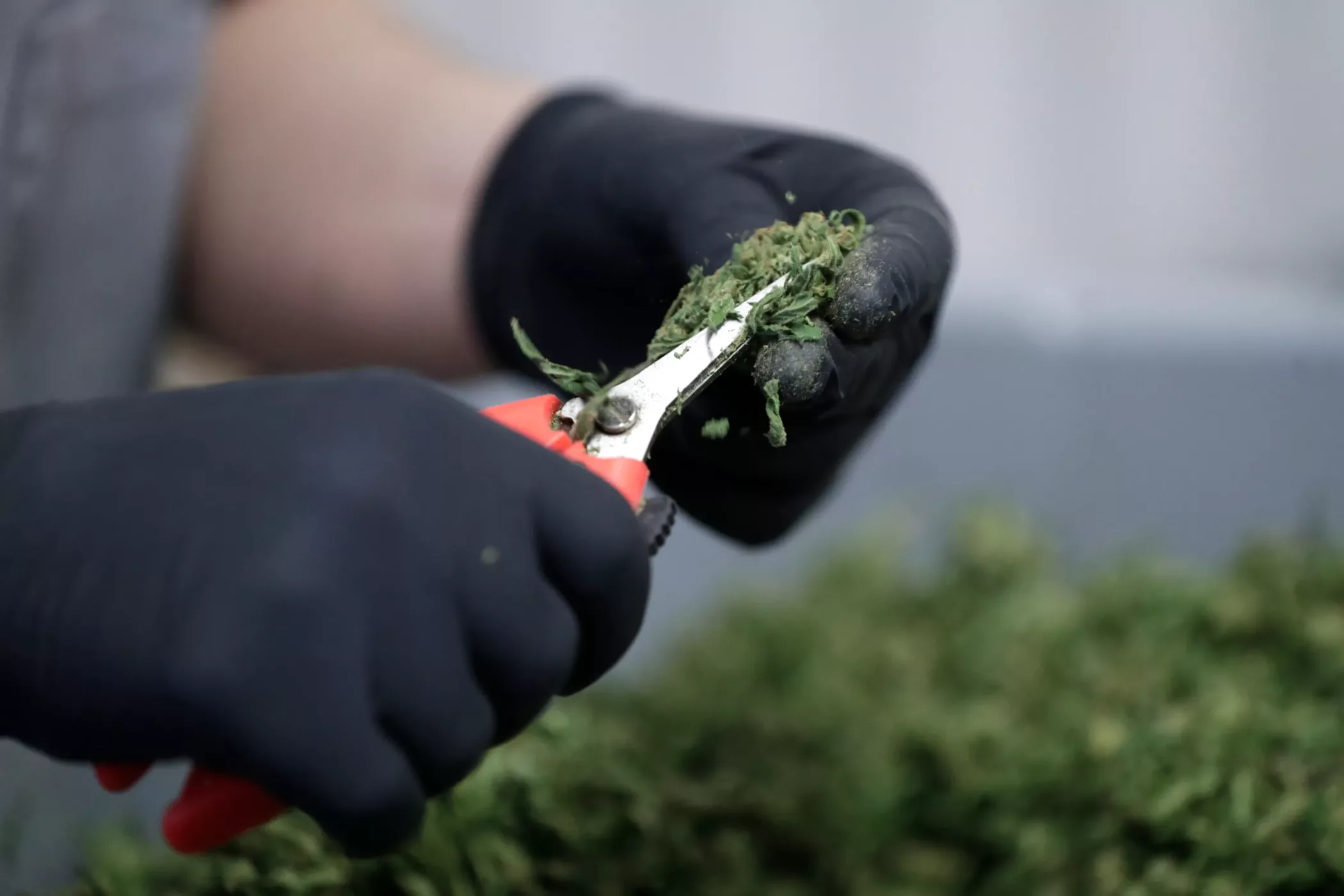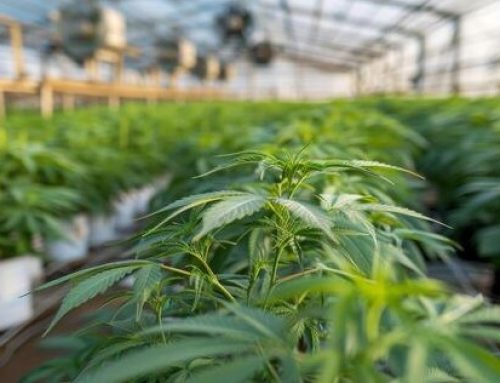Section 280E Tax Law Challenges Cannabis Industry
LOS ANGELES- Section 280E of the Internal Revenue Code presents significant financial challenges for cannabis businesses by prohibiting the deduction of ordinary business expenses associated with the trafficking of Schedule I or II controlled substances, which includes cannabis. This results in higher effective tax rates for these businesses compared to those in other industries.
Enacted in 1982, Section 280E was originally intended to prevent illicit drug dealers from claiming business deductions. However, due to cannabis’s classification as a Schedule I substance under federal law, state-legal cannabis businesses are also subject to this provision. Consequently, they cannot deduct typical business expenses such as rent, salaries, and utilities, leading to increased tax liabilities.
The inability to deduct these expenses has led to effective tax rates that can be significantly higher than the standard corporate tax rate, placing cannabis businesses at a competitive disadvantage. This financial strain has been a point of contention within the industry, with many advocating for reform.
Recent developments suggest potential changes on the horizon. The Biden administration has indicated support for rescheduling cannabis from a Schedule I to a Schedule III substance. Such a reclassification would remove the applicability of Section 280E to cannabis businesses, allowing them to deduct ordinary business expenses and potentially improving their financial standing.


































